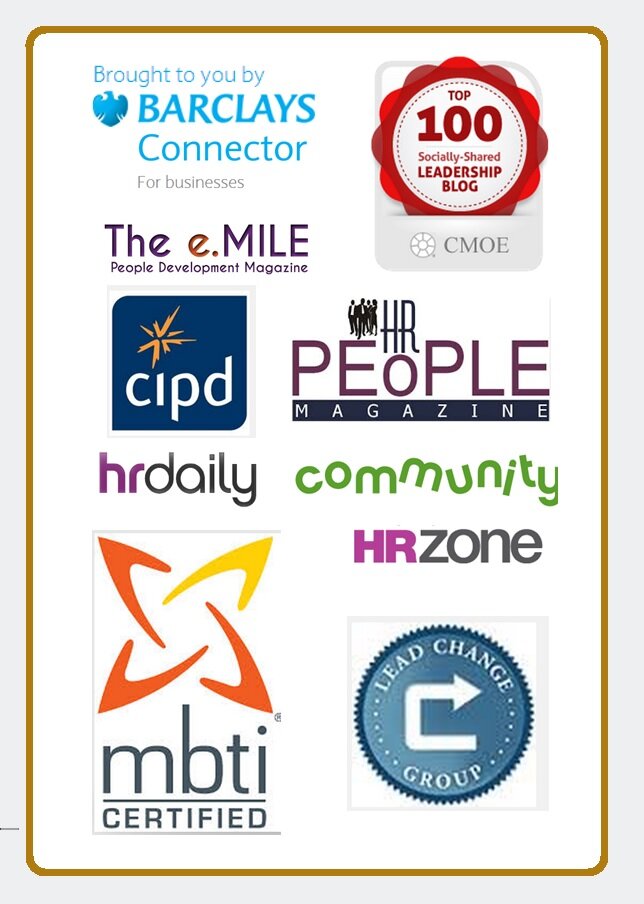 Repeated mistakes are no longer sustainable Repeated mistakes are no longer sustainable
Ethics, morality and values based leadership are high on any thought leaders agenda right now. Realisation that materialism, self-gain and profit above ethics is no longer tenable, means leaders now have to be really clear their organisational and personal values, not only have to match, but must be demonstrated on a day-to day basis.
The public outcry in response to the face book status, made by Sheryl Sandberg’s Lean In Editor, , is a stark demonstration of how questionable values can destroy trust.
For readers who have not yet followed this undoubtedly viral story, Jessica Bennett’s status invited applications for an “unpaid intern” with a description of the desired skill set and expectations in terms of the intern’s availability.
The response was immediate, with the majority of responders expressing “disgust” at the decision to attempt to get unpaid help, while Lean In’s purpose to promote and foster equality in the workplace, appears to be compromised. To make matters worse, it seems, Sheryl Sandberg’s widely reported sale of $91 Million Worth Of Facebook Stock” would suggest the founder of the organisation is not short of a bob or two.
Some brave responders disagreed and suggested the opportunity to gain the experience Lean In could offer would so benefit the intern that to work for free was a “gift”.
At the time of writing Sheryl Sandberg had yet to respond, while the Los Angeles Times, published a a short statement from Lean In. “Andrea Saul, a spokeswoman for Lean In, said in a statement: “LeanIn.Org, like many non-profits, has enjoyed the participation of part-time volunteers to help us advance our education and peer support programs.”
Whatever the intention behind the Facebook status, the announcement has not only caused readers to question Lean In’s organisational values, but also demonstrates how different perspectives and views take on a life of their own and can call into question the values of the leader.
The problem with values at work is that actions always speak louder than words. Leaders who say one thing while doing another are simply creating an environment of distrust and division. Care needs to be taken that all actions are aligned to fundamental values. This is true not only when public announcements take place, but when internal decisions are being taken. Every action is conveyed out, and note will be taken, whether the leader likes it or not.
For Lean In, there may be a number of valid explanations for calling to recruit unpaid people to work for the organisation, but lack of clarification or communication is allowing people to simply make up their own minds. At best, this is a badly worded gaffe. At worst, it demonstrates a lack of commitment to organisational values and therefore calls into question the effectiveness of the aims of the organisation.
Like it or not, if you are a leader, there are going to be times when you either communicate inadequately or simply make a wrong call.
I’ve made many mistakes in my time, and the incident which springs to mind, happened only a few years ago.
I had worked hard with my team to foster a culture of inclusion and collaboration, making sure everyone was heard and had a say, where it was appropriate to do so. I also wanted to offer a service to our customers that was second to none, and the team was tasked to develop a strategy to do so.
Ever an opportunist, while this process was going on I got the chance to sign the entire team up for accredited customer service training for peanuts, as the training provider had access to grant funding. After a pretty unscheduled demonstration I signed on the dotted line, thinking I had bagged a brilliant bargain and a great opportunity for my team.
As soon as I made the announcement, I realised of course, I had made a tremendous gaffe. Notwithstanding the training and assignment time was completely in work-time, notwithstanding the team were going to get a recognised qualification, as well as learn the skills of brilliant customer service, all for a price which hardly made a dent in our ever pressed budget; I had violated at least three fundamental values, which I had been at pains to stress over the months I had worked with the team. The first one was simply to communicate with them, the second, to consult with them about major decisions which affected them and the third was to allow them to develop the overall customer service strategy, and take ownership of it.
Thankfully they took me to task about my actions in no uncertain terms. I was within a hairsbreadth of losing their trust forever. I knew my intentions were good, but I also knew I had to do something honest and with integrity to make matters right. The following framework can be applied to most situations, although they may come in different orders depending on the impact of the gaffe.
Admit you were wrong and apologise. I told them I was sorry, and honestly explained that in my enthusiasm to capture what I thought was an amazing opportunity, I had acted too quickly.
Set out your original intention. I wanted to be able to help my team develop exceptional customer service skills. I wasn’t expecting them to study or attend workshops outside of working hours. I also wanted to give them an externally recognisable qualification so it added to their bank of transferable skills. Most of the time, we do make decisions with the best of intentions, even if we haven’t thought through the entirety of our actions. Without being defensive, it is part of being honest to describe your reasons for making the decision. If well-intentioned then your reasoning is a valid factor.
Get Feedback. It’s no good forging on and making good without really listening to what your team are saying. If you want to make things right, you cannot assume anything. When I first heard objections to the proposal for training, I immediately jumped to the conclusion that the team just didn’t want to commit. Luckily enough I had enough experience to realise this probably wasn’t the case. When I realised it was because they thought I had tread on their space and usurped their decision making powers, I could not but be grateful that the very values I had tried to introduce were alive and well.
Understand Your Bottom Line. Sometimes good decisions are made in the wrong way, and the outcome is un-negotiable. At other times, there are some options, where some compromise can be made and then you can find a solution within those parameters. In some cases, you just have to put your hands up and ditch your decision. In this situation, having listened to team members, I gave them back their decision making power, and made entry onto the course optional; although it was understood we had to find a way to help those not undertaking the training to find a way to meet the aspirational standards we needed. As it happens every one undertook the training (and passed!).
Make Amends. The customer service you remember is when the provider or supplier goes the extra mile. Things may go horribly wrong, but it is how the supplier deals with the situation that you remember best. It is the same with making a gaffe. It is how you subsequently deal with it which is at the heart of your redemption. As well as all of the above steps, in this case, I asked the team how they wanted to interact with me in the future, to make sure they were fully informed about potential developments and also that I consulted with them. I committed to this and made sure I followed up with my promise because I realised how tenuously close I had been in losing trust.
No doubt it will become apparent what the intentions behind the “Lean In” situation are in reality. It may be decided to quietly withdraw the post and make no announcement. I sincerely hope though they follow the 5 steps above or take similar action to deal with their gaffe.
|




